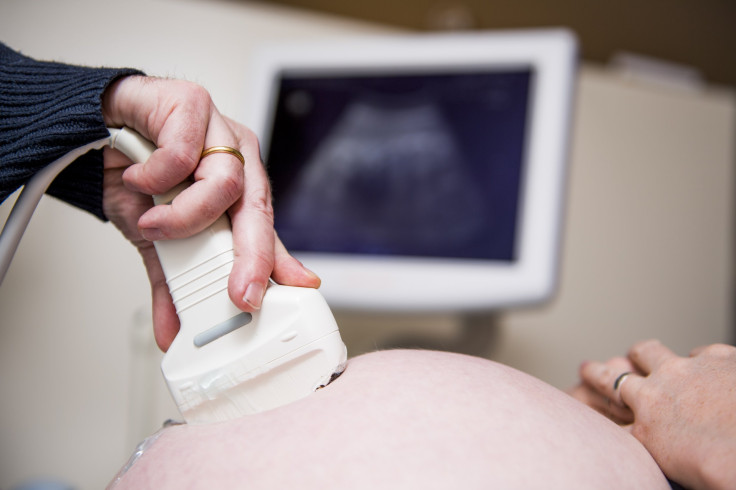World's Smallest Baby Leaves Japan Hospital, Survives Despite Doctors Fearing For Its Life

The world's tiniest baby went home after spending five months on life support. The unnamed baby boy was born in Tokyo's Keio University Hospital in August, weighing 9.45 ounces, almost the same weight as an average human heart.
At the time of the procedure, doctors found that the baby had stopped growing inside his mother's womb, necessitating the delivery via C-section.
The baby was also delivered at the cutoff for fetal viability in Japan, which is 24 weeks.
Dr. Takeshi Arimitsu, who treated the baby after delivery, told CNN that the infant was treated with an umbilical catheter for infusion therapy and was placed in a ventilator for respiratory support.
Before he was discharged on Feb. 20, the baby was placed in the neonatal intensive care unit for five months until he was able to reach a stable weight. The infant had been delivered via Caesarean section in order to circumvent a stillbirth. He could easily fit inside an adult's cupped palms.
At the time of release, the now-healthy baby weighed 7.1 pounds, becoming the world's smallest baby to be sent home healthy.
"I am grateful that he has grown this big because, honestly, I wasn’t sure he could survive," the mother told Reuters.
The World's Tiniest Baby Registry, run by the University of Iowa's neonatal pediatrics professor Dr. Edward Bell, ranks the male infant as the fourth-smallest child born since 1936, the earliest the registry dates.
According to the World Health Organization, the average global baby weight at birth is 7.28 pounds.
A 2016 study conducted by the National Institutes of Health found that the mean birth weight in babies born in Japan has decreased, most likely due to an uptick in pre-term deliveries and advancements in prenatal and neonatal medicine.
Despite these statistics, Arimitsu stated that pre-term births aren't commonplace in Japan, with a rate of low infant birth weight at "almost 10 percent."
Comparatively, the rate of low infant birth weight in the United States is 8.17 percent, according to the Centers for Disease Control and Prevention.
© Copyright IBTimes 2025. All rights reserved.





















